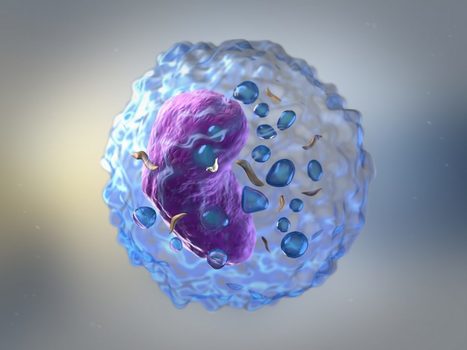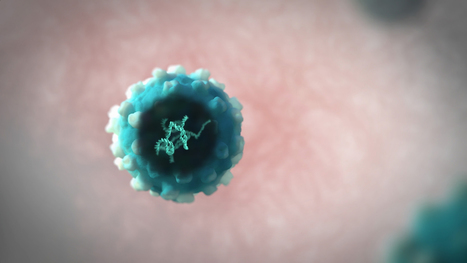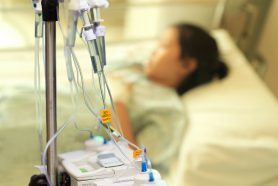Research and publish the best content.
Get Started for FREE
Sign up with Facebook Sign up with X
I don't have a Facebook or a X account
Already have an account: Login
 Your new post is loading... Your new post is loading...
 Your new post is loading... Your new post is loading...
|
|














ALLO-715 is a first-in-class, allogeneic, anti-BCMA CAR T cell therapy engineered to abrogate graft-versus-host disease and minimize CAR T rejection. The scientists evaluated escalating doses of ALLO-715 after lymphodepletion with an anti-CD52 antibody (ALLO-647)-containing regimen in 43 patients with relapsed/refractory multiple myeloma as part A of the ongoing first-in-human phase 1 UNIVERSAL trial.